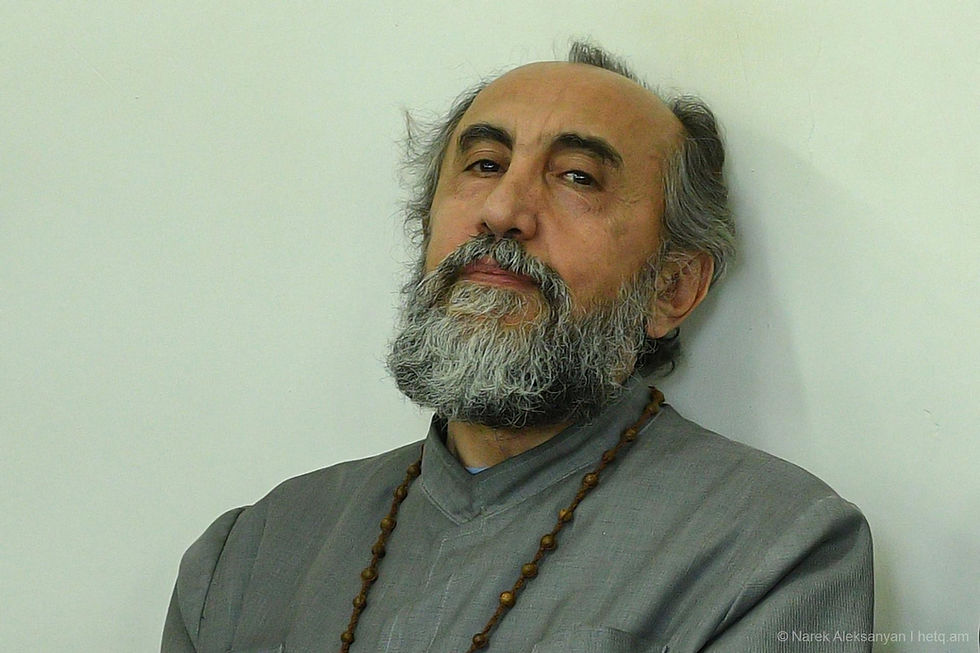Armenian Defense Attorney Brutally Detained for Criticizing Authorities Online
- Oct 16, 2025
- 2 min read
Updated: Oct 19, 2025

Armenia’s democratic system is facing another serious test after the detention of defense lawyer Aleksandr Kochubayev — one of the attorneys representing defendants in the high-profile case involving Archbishop Bagrat Galstanyan and several others accused of terrorism and attempting to seize power.
The incident occurred immediately after Thursday’s closed-door court session. Witnesses said masked law enforcement agents detained Kochubayev in a violent and secretive manner. His colleague, lawyer Ruben Melikyan, described the arrest as brutal and humiliating, saying it reminded him of tactics used against dangerous criminals, not attorneys defending political figures.
Before being detained, Kochubayev had used his social media page to criticize the authorities for the recent arrest of Archbishop Mkrtich Proshyan, another outspoken cleric linked to the opposition movement. This timing has fueled fears that his detention is politically motivated — a continuation of what many view as a systematic crackdown on dissenting voices, clergy, and opposition lawyers.
The Investigative Committee later announced that Kochubayev had been arrested under Article 490, Part 2 of Armenia’s Criminal Code — a clause that criminalizes publishing “defamatory or damaging information” about a judge, prosecutor, or investigator. When committed through mass media or the internet, the offense carries a prison term of three to five years.
While the law was designed to protect officials from threats, its application against a defense lawyer for expressing opinions online raises troubling questions. Many Armenians see this as another sign that the government is using vague legal definitions to silence criticism, particularly from those defending political opponents or exposing abuses of power.
Kochubayev’s recent courtroom statements show a lawyer focused on facts rather than ideology. During a previous hearing, he asked the court to drop charges against his client, Armen Aleksanyan, pointing out that the only evidence presented was a casual conversation about a “live video with a scarecrow” and a TikTok video of Aleksanyan cooking eggs.
Such details shows what many observers describe as the absurdity and overreach of current prosecutions targeting people associated with the Tavush for the Homeland movement and Archbishop Galstanyan. The movement began as a peaceful civic protest calling for national unity and accountability but has been met with heavy-handed state responses — including arrests of clergy, activists, and now lawyers.
Behind the legal language and political spin lies a deeper issue: Armenia’s fragile democracy is being tested by its own institutions. The use of masked agents, secret hearings, and criminal charges against lawyers mirrors the authoritarian tactics that many Armenians once believed their country had left behind.
Supporters of democracy fear that the government’s growing hostility toward the Church, civil activists, and opposition figures is eroding trust in justice and widening the gap between state power and public will. When lawyers are arrested for their words, and trials are held behind closed doors, it is not only individual rights that are at stake — it is the very idea of justice itself.
—
Support independent reporting from the region by subscribing to The Armenian Report. Our team is funded solely by readers like you.






Comments